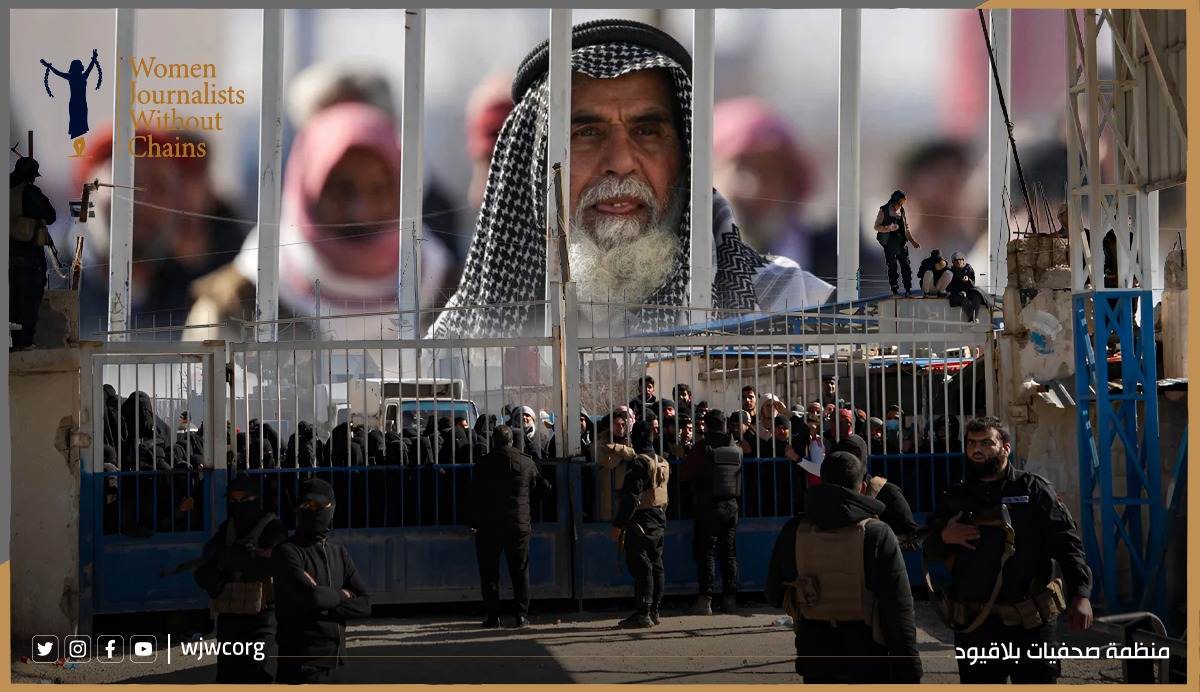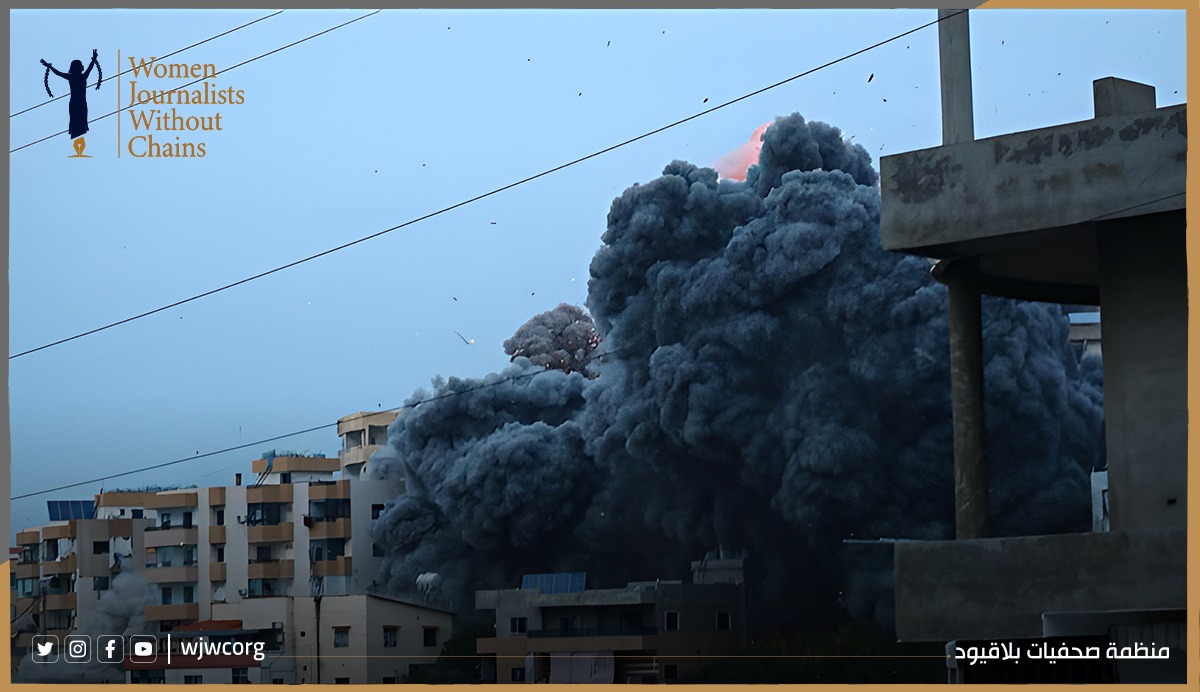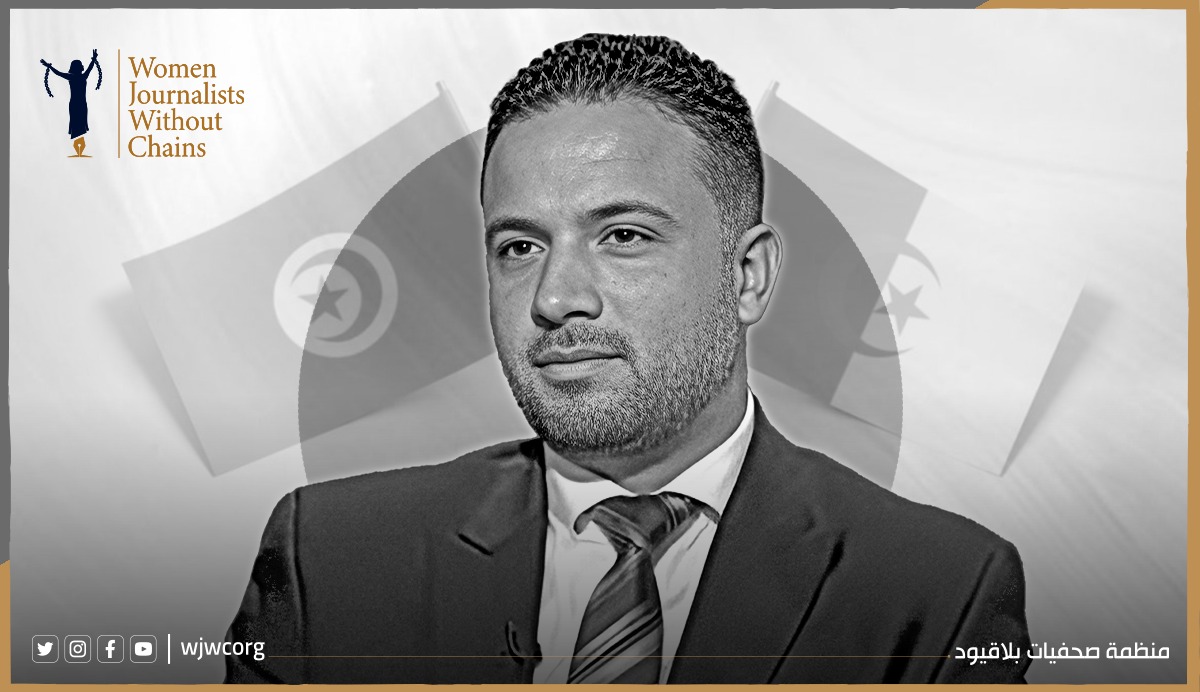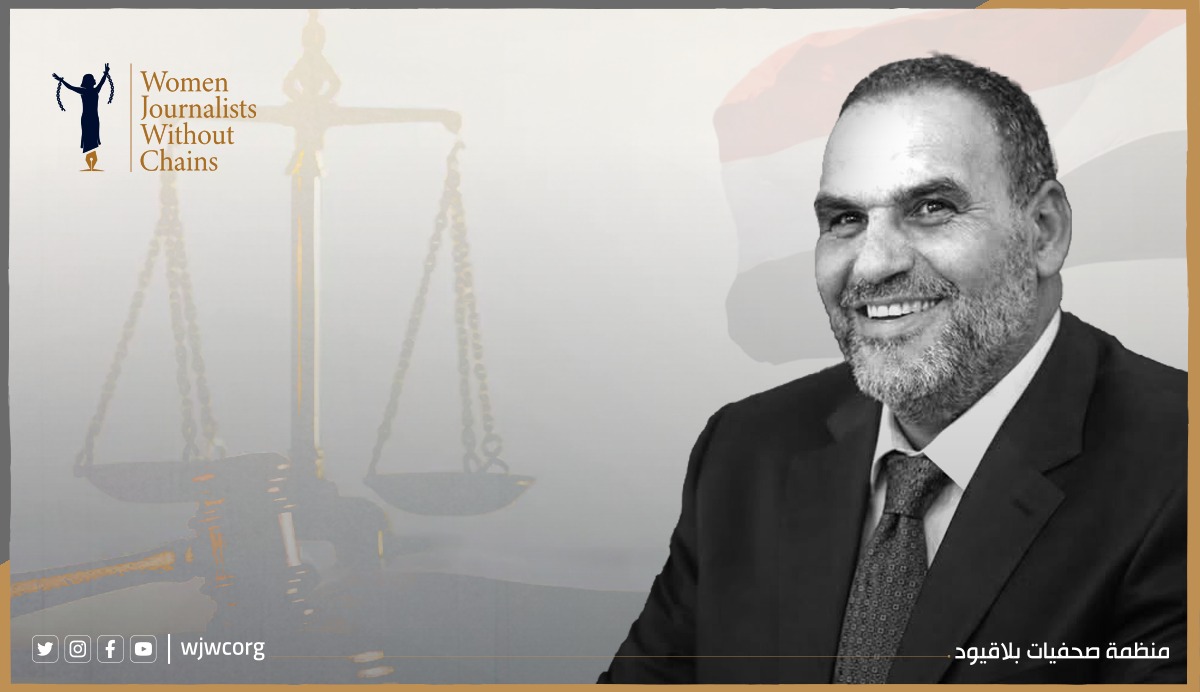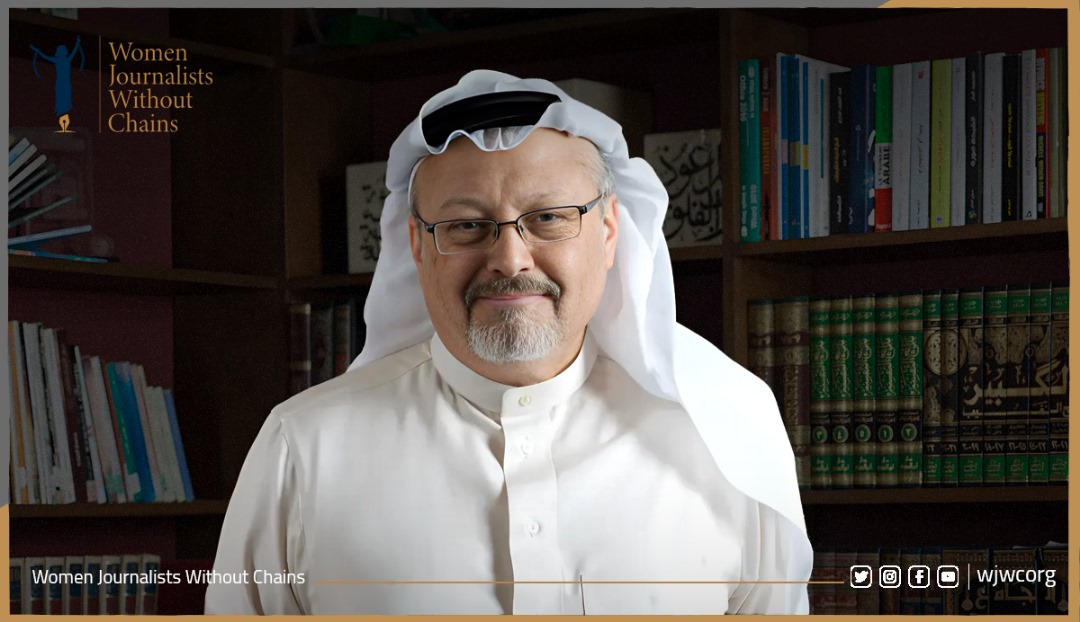
Women Journalists Without Chains (WJWC) commemorates the seventh anniversary of the assassination of Saudi journalist Jamal Khashoggi, renewing its call for genuine international accountability and warning that impunity for his killers continues to endanger press freedom worldwide.
Khashoggi, a prominent columnist and outspoken critic of the Saudi government, was brutally murdered inside the Saudi consulate in Istanbul in October 2018. Seven years later, WJWC stresses that justice remains elusive and that the full truth surrounding who ordered and carried out the killing is still concealed from the public.
The lack of transparency in the judicial processes and the failure to hold high-level perpetrators accountable highlight the ongoing crisis of impunity, WJWC says. It noted that domestic proceedings in Saudi Arabia have fallen far short of international standards and failed to deliver justice to Khashoggi’s family or to the cause of press freedom.
The organization emphasized that Khashoggi’s murder represents a grave violation of the right to life, as recognized under international human rights law, and that the absence of accountability also undermines the rights to a fair trial and effective remedy.
WJWC further warned that the crime cannot be separated from a wider regional clampdown on freedom of expression. It pointed to the ongoing arrests of journalists, activists, lawyers, and intellectuals in Saudi Arabia and neighboring countries, often under broad counterterrorism and cybercrime laws used to stifle dissent.
On this anniversary, Women Journalists Without Chains urges the international community—particularly governments and global institutions—to take immediate and decisive measures:
Establish an independent and transparent international investigative body, or reopen international criminal inquiries, to ensure full accountability for all those implicated in Jamal Khashoggi’s assassination, including those who gave the orders.
Guarantee effective legal protections for journalists and human rights defenders, and put an end to all forms of persecution, harassment, and intimidation against them.
Reform national laws across the region to bring them into full conformity with international human rights standards, particularly those safeguarding freedom of expression and the right to peaceful assembly.
Secure the prompt and unconditional release of all prisoners of conscience and journalists detained for their opinions, as an essential step toward fulfilling international human rights obligations.
Jamal Khashoggi’s legacy is a stark reminder that peace and stability cannot exist without truth, justice, and accountability, WJWC concluded.

 En
En  Ar
Ar 